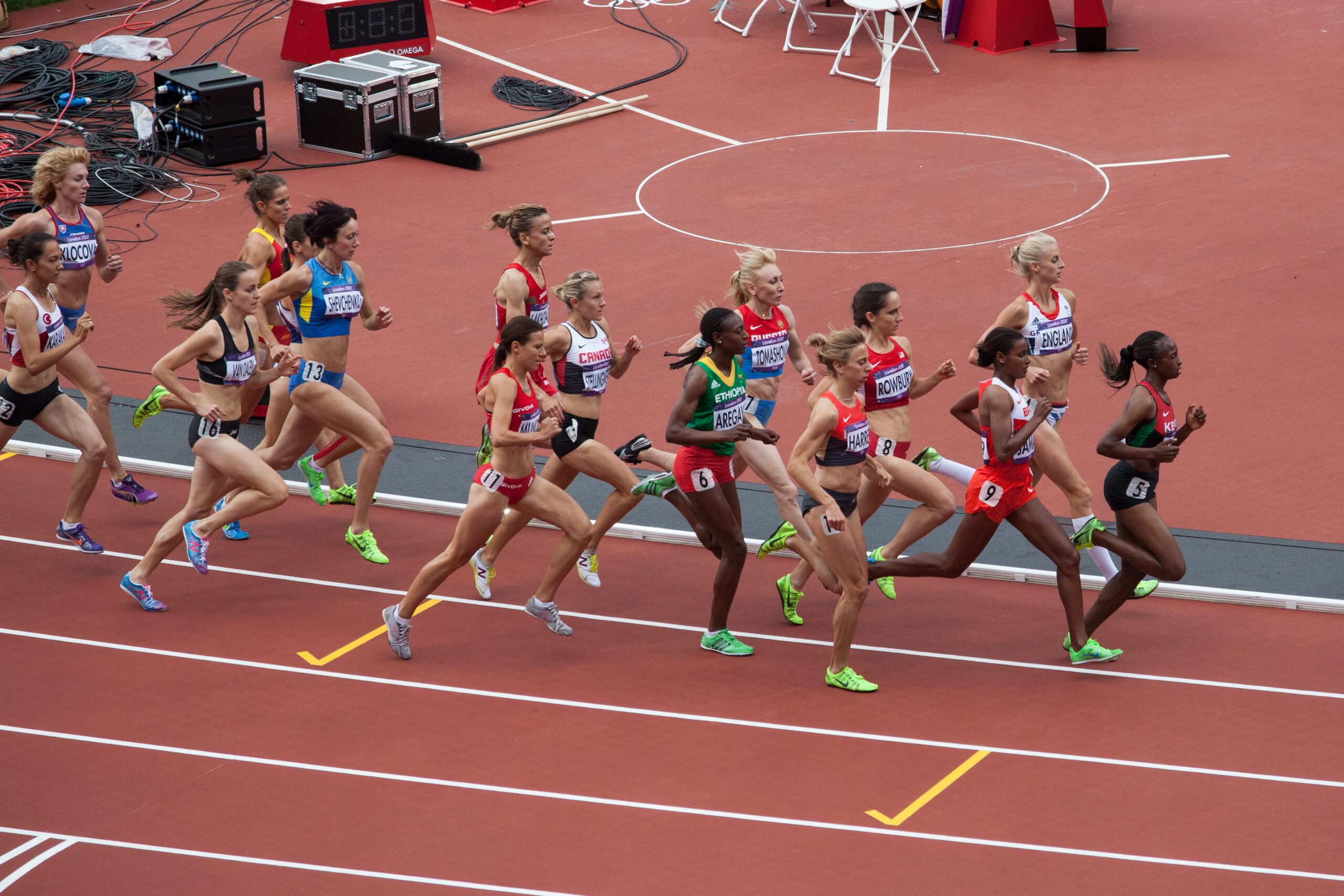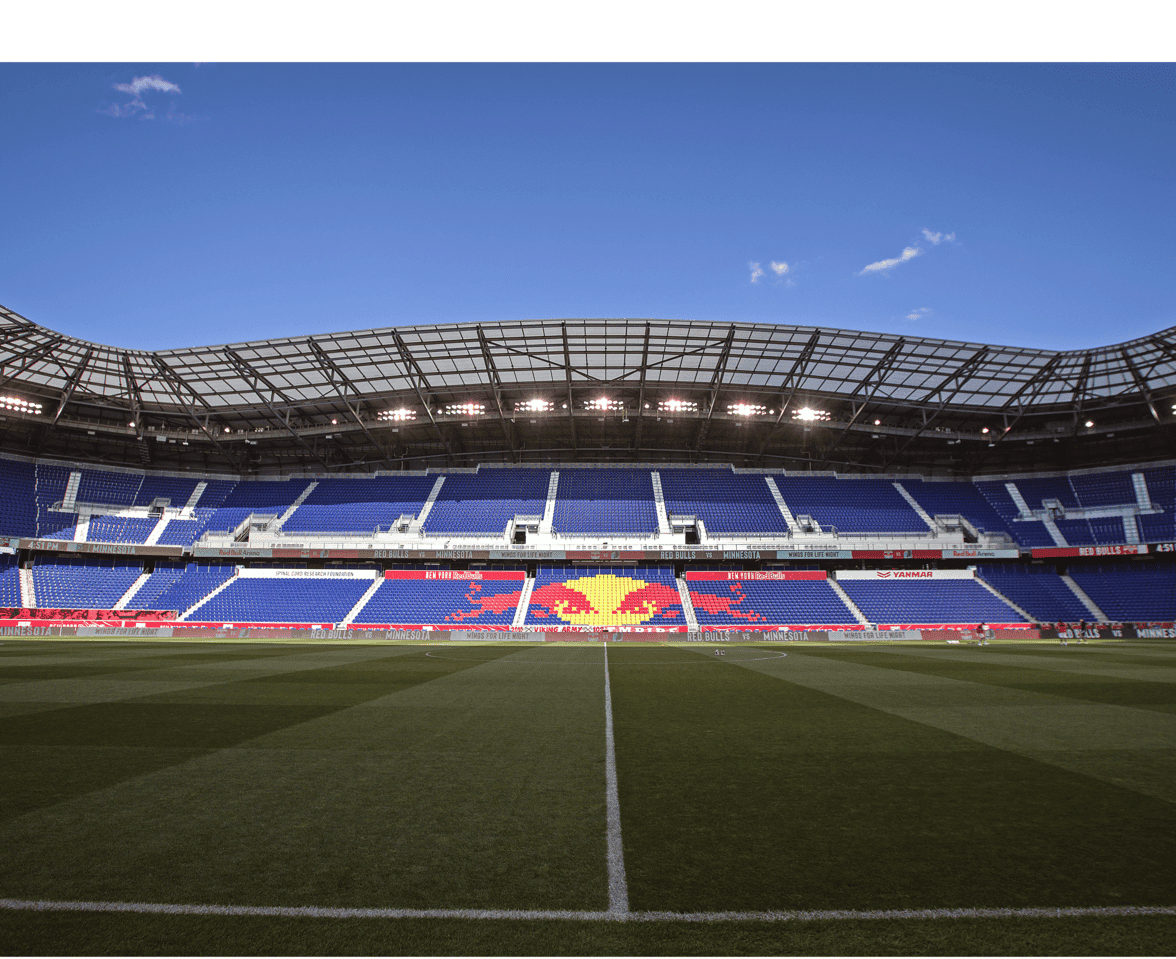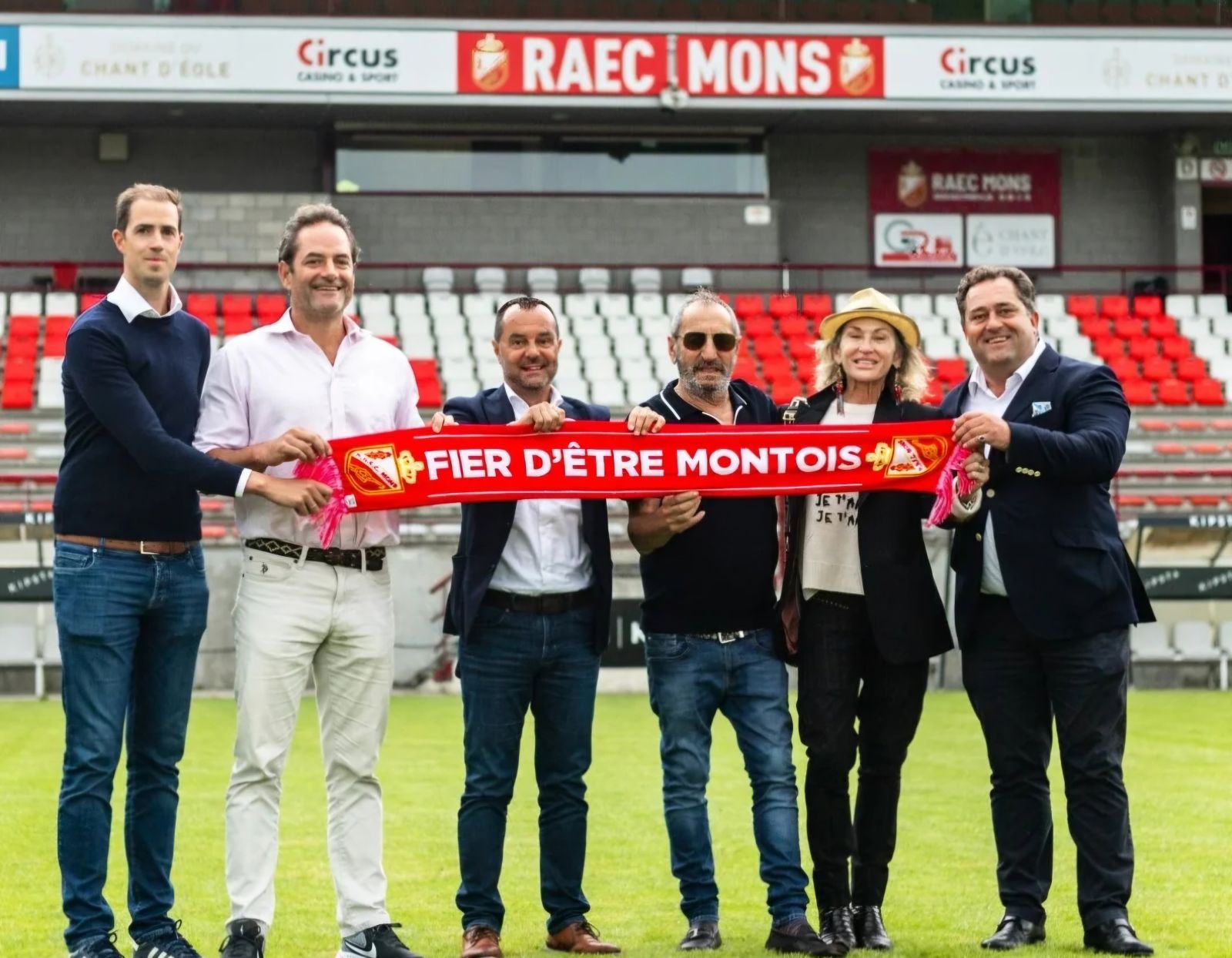What Will Hosting the Brisbane 2032 Olympics Mean for the Australian Sports Industry?

Image: “2008 Summer Olympics – Men’s 110 m Hurdles – Semifinal 1” by akiwitz, originally uploaded to Flickr; licensed under Creative Commons Attribution-ShareAlike 2.0 Generic (CC BY-SA 2.0).
As we start to see the Brisbane 2032 Olympics on the horizon, discussions around the Games’ long-term legacy are intensifying.
This legacy refers to the long-term impact that the event will have on the host city and country, with a well-run Brisbane Olympic Games having the opportunity to provide lasting social, economic, and environmental benefits to the future of Australian sport.
The Brisbane 2032 Olympics will be the third to be held in Australia after Melbourne in 1956 and Sydney 2000, and only the fourth to be located in the Southern Hemisphere, with the latest being Rio de Janeiro in 2016.
Set to showcase Australia as a leading sporting nation, the Olympic Games can be key to the future of Australia’s sports industry growth.
Why Brisbane?
Having won the bid in 2021, Brisbane was cited by the IOC as a city with a “high level of expertise in hosting major international sports events”, referring most recently to the 2018 Commonwealth Games on the nearby Gold Coast, which will be home to one of two athlete villages during the 2032 Games.
Although the city faced little competition during the bidding process, Brisbane seems an ideal candidate regardless, with 68% of the required infrastructure already existing across Brisbane, the Gold Coast and the Sunshine Coast – the region’s three main venue zones.
Brisbane’s sustainability was another reason for the bid’s success, with the Queensland capital achieving carbon-neutral status in 2017, and the state’s government viewing the Games as a chance to “raise awareness of conservation.”
Expected Benefits
Put together by the Games Independent Infrastructure and Coordination Authority (GIICA), Elevate 2042 is Brisbane’s legacy strategy, setting out a vision for how the Olympic Games will benefit the city.
The comprehensive report discusses economic growth for the nation, with many Olympic hosts struggling to make the event financially viable.
This is not to say it cannot be done, however, with Sporting Mega Events (SMEs) increasing national exports and trade by 20% on average. Brisbane aims to support small businesses of less than 20 employees leading up to the Games – 450,000 of which comprise about 97% of all Queensland’s businesses.
The legacy also heavily focuses on employment, with Ted O’Brien, the Prime Minister’s representative for the bid, saying the Olympics will create around 90,000 jobs for Queenslanders and early forecasts predict an A$8.1 billion economic benefit for the state of Queensland.
Furthermore, the benefits are not solely economic. Encouraging active lifestyles and increasing participation in sport are fundamental to Brisbane’s planned legacy, with Elevate 2042 focusing on improving opportunities to participate in sport in schools.
This was the case in London after the 2012 Games, with London’s fourth annual legacy report, Inspired by 2012, saying the money invested into community sports facilities helped trigger a behavioural change in the public.
Another focus is on improving volunteer pathways so that the public can be more involved in sport, with the report stating: “The Games provide an exceptional opportunity to reignite our volunteer culture and celebrate their contribution, building skills and diversifying the range of people who get involved by providing a safe and inclusive environment.”
Impact on Australian Sports Industry
In 2023, the year Australia hosted the FIFA Women’s World Cup, sport and recreation contributed over A$9.4 billion to the nation’s economy, signifying how large of an industry sport is down under.
Australia’s sports technology sector is set to evolve due to the 2032 Games. With a view of “Growing the capacity of Queensland’s sports tech industry by building expertise, enabling knowledge sharing, increasing engagement and creating connections”, the industry is already on the rise, with the industry expected to grow 21.5% by 2030.
We are also likely to see an increase in the amount of sport-related content being produced, with the Australian Sports Commission reporting that, through competing for a now-global audience, because of the Games, Australian sports will “consider how to engage contemporary consumers and adjust their view of spectators to take advantage of the increasingly dynamic and diverse global media landscape.”
Talent identification is a final area that improvement can be expected in. The Queensland Government’s YouFor32 campaign is a state-led initiative aimed at 8-23 year olds to uncover future Olympians and elite athletes ahead of the 2032 Games, enhancing the state’s athlete pool and improving coaching, scouting, and development capabilities for the future.
Risks & Challenges
A major challenge for the Games surrounds sponsorship. The primary reason behind the financial success of the 1984 Los Angeles Games, the sponsorship market ahead of Brisbane 2032 has been labelled by the Future Host Commission as “mid sized but highly developed.”
This recognises the relatively small Australian population and audience and the developed market meaning large companies may already have existing long-term sponsorships, possibly limiting the budget available for new Olympic partnerships.
Another challenge that faces the Games concerns the management of increasing budget constraints. With the original budget set at A$7.1 billion, construction delays have seen cost estimates rise to A$8.7 billion, with the GIICA’s 100 Day Review saying, “Opportunities to leverage private investment to contribute to Games essential requirements such as infrastructure delivery certainty, financing and funding are significant.”
As Brisbane looks ahead to hosting the 2032 Olympic Games, industry professionals will jump at the opportunity to capitalise on the opportunities and overcome the challenges – professionals we are dedicated to developing through targeted programmes at GIS.
From courses on Sports Marketing and Media to Sports Analytics, as well as the opportunity to study in both Melbourne and Sydney, students can get a competitive advantage with us to help bolster their future job prospects in the exciting sports industry. To find out how you can take the next step towards your dream job, contact us.
Article by Zakaria Anani
You may also be interested in
Our Partners
















